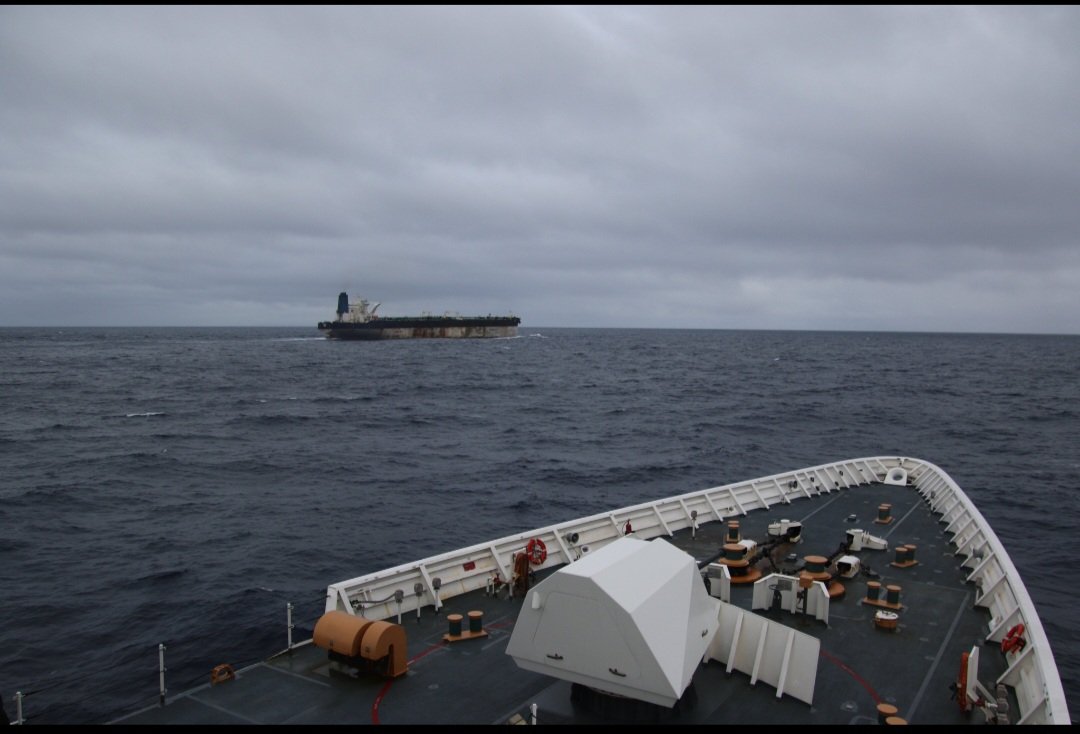
In a significant development, Iran has successfully launched a satellite into space using a rocket developed by its paramilitary Revolutionary Guard, state-run media reported on Saturday. The move, seen as the latest in a series of efforts to advance its space and missile programs, has raised concerns among Western nations that fear the technology could bolster Tehran’s ballistic missile capabilities.
According to Iranian authorities, the rocket launch was a success, marking the second time a satellite has been placed into orbit using this type of rocket. However, no independent confirmation of the launch or additional technical details have been provided by Iranian officials. The launch comes at a sensitive time, coinciding with increased regional tensions, including the ongoing Israel-Hamas conflict in Gaza and escalating concerns over Iran’s nuclear program.
A Step Forward for Iran’s Space Program
The rocket used in the launch, identified as the Qaem-100, successfully deployed the Chamran-1 satellite, which weighs 60 kilograms (132 pounds), into a 550-kilometer (340-mile) orbit. The Iranian military hailed the launch as a demonstration of the country’s growing space capabilities. The Qaem-100, a solid-fuel rocket, was previously used in a successful satellite launch in January.
The United States, which has been closely monitoring Iran’s space program, did not immediately comment on the launch. U.S. officials have previously expressed concerns that Iran’s satellite launches violate U.N. Security Council resolutions and could help accelerate Tehran’s ability to develop intercontinental ballistic missile technology. These rockets use similar technology to those designed to carry nuclear warheads, which has long been a point of contention between Iran and the West.
Regional and Global Implications
The timing of the launch is critical, as the Middle East remains engulfed in heightened tensions, particularly with the ongoing Israel-Hamas war. Tehran has recently conducted direct missile and drone attacks on Israel, further complicating the region’s already volatile dynamics. Iran’s decision to proceed with the satellite launch could be interpreted as a demonstration of its technological prowess and military readiness during this fraught period.
Meanwhile, Iran continues to enrich uranium to near weapons-grade levels, causing concern among international nonproliferation experts. The U.S. intelligence community has warned that Iran’s satellite launch program could potentially shorten the timeline for developing intercontinental ballistic missiles, which are capable of delivering nuclear weapons. The International Atomic Energy Agency (IAEA) has repeatedly raised alarms about Iran possessing enough enriched uranium to produce several nuclear warheads if it chooses to do so.
Iran’s Evolving Space Program
Iran’s space program had previously been scaled back under former President Hassan Rouhani, who sought to ease tensions with the West. However, the program has been revitalized under the leadership of hardline President Ebrahim Raisi, a close ally of Supreme Leader Ayatollah Ali Khamenei. Raisi, who took office in 2021, aggressively pushed for advancements in the country’s space and missile programs. His death in a helicopter crash earlier this year has brought questions about the future direction of the program.
Iran’s newly elected president, Masoud Pezeshkian, a reformist, has yet to publicly articulate his stance on the space program. As the nation awaits further details on Pezeshkian’s policies, the launch indicates that Iran’s military is continuing its trajectory in developing advanced aerospace technology.
Nuclear and Missile Concerns Continue
Despite Iran’s claims that its space and nuclear programs are purely civilian in nature, the U.S. and other global powers remain skeptical. Iran has denied allegations that it seeks nuclear weapons, asserting that its activities are focused on peaceful scientific progress. Nevertheless, evidence of Iran’s organized military nuclear program, which reportedly existed until 2003, has fueled ongoing suspicion.
The international community remains divided on how to address Iran’s advancements in missile and nuclear technology. While U.N. sanctions tied to Iran’s ballistic missile program expired in 2022, Western nations continue to apply diplomatic pressure on Tehran to halt its activities related to ballistic missile development.
Context of Domestic Unrest
The satellite launch also coincides with the upcoming second anniversary of the death of Mahsa Amini, a 22-year-old Iranian woman whose tragic death sparked nationwide protests against the government’s mandatory hijab laws. The protests marked one of the most significant challenges to Iran’s Shiite theocracy in recent years. Despite the unrest, the Iranian government has continued to pursue its space program, viewing it as a symbol of national pride and technological advancement.
As Iran forges ahead with its satellite launches and missile programs, the international community remains on alert, concerned about the broader implications for regional security and global stability.
Source: Associated Press (AP)








